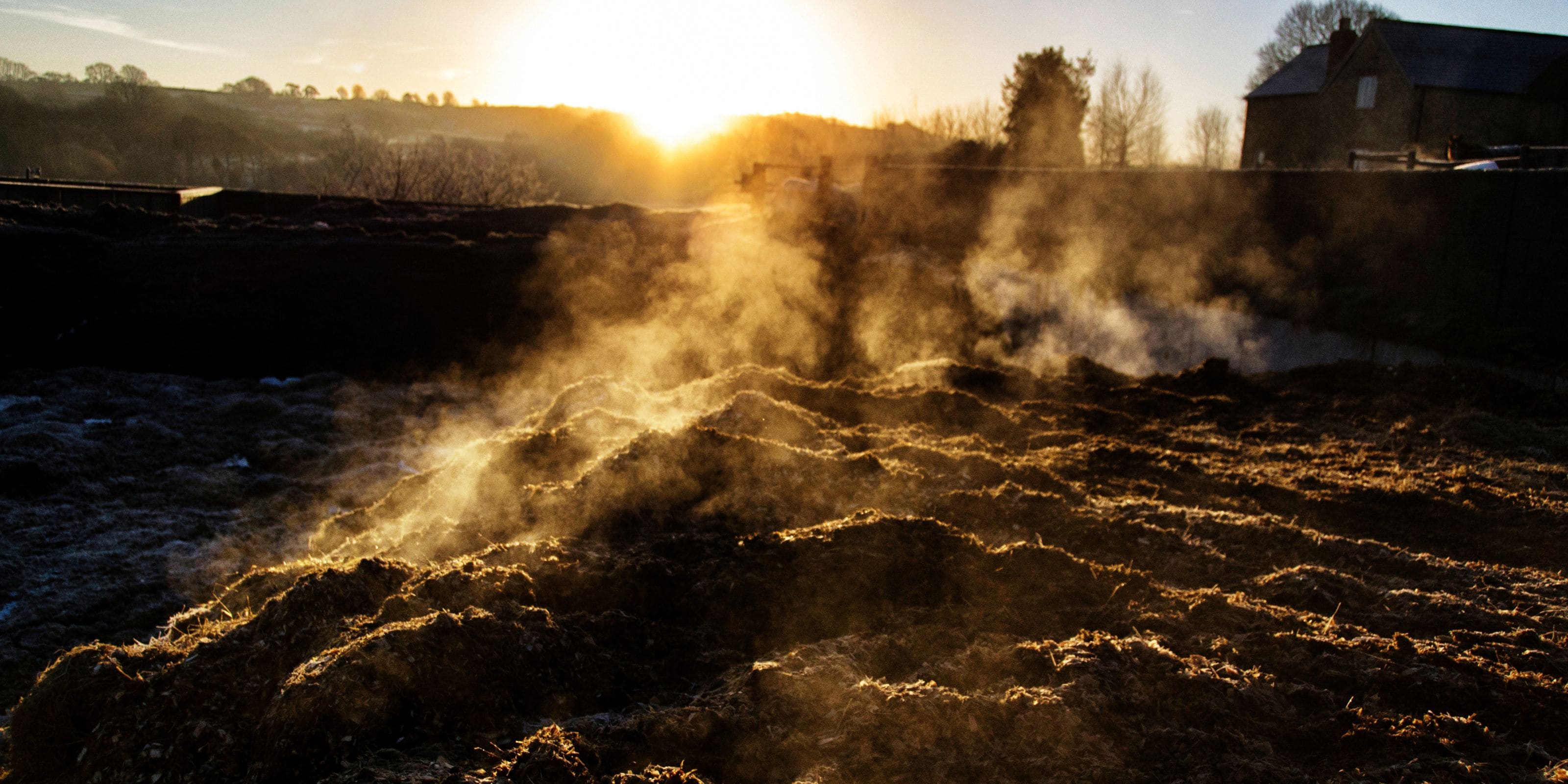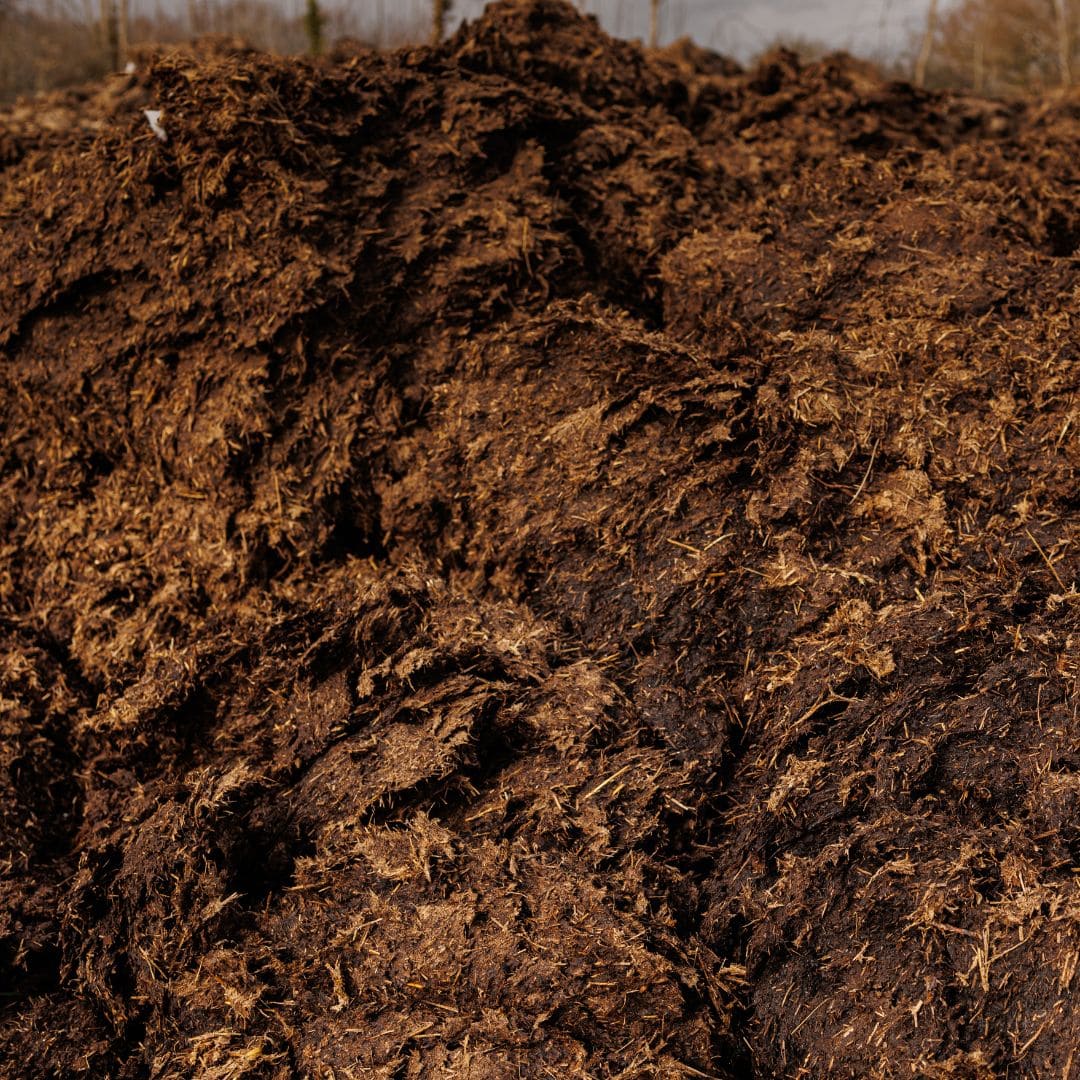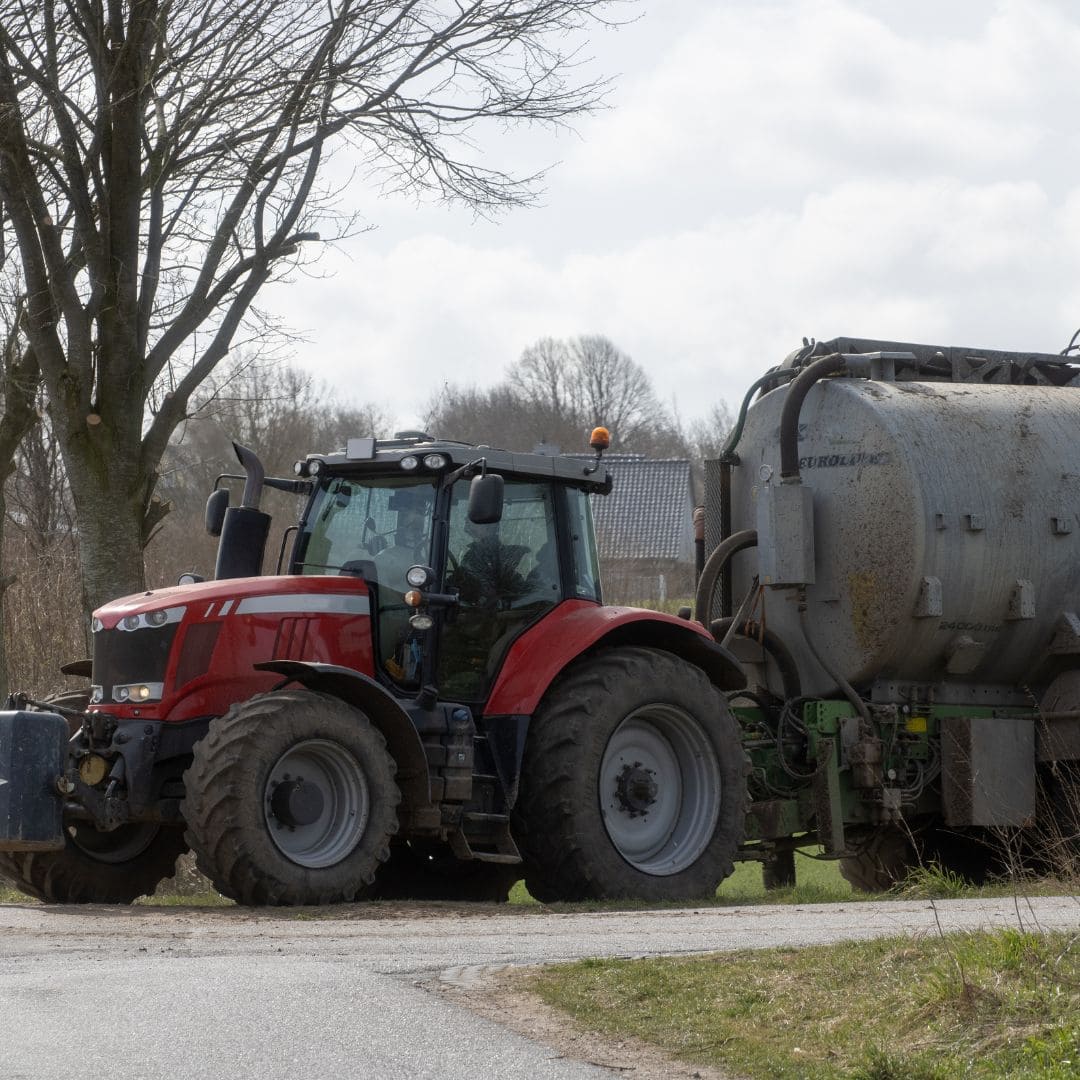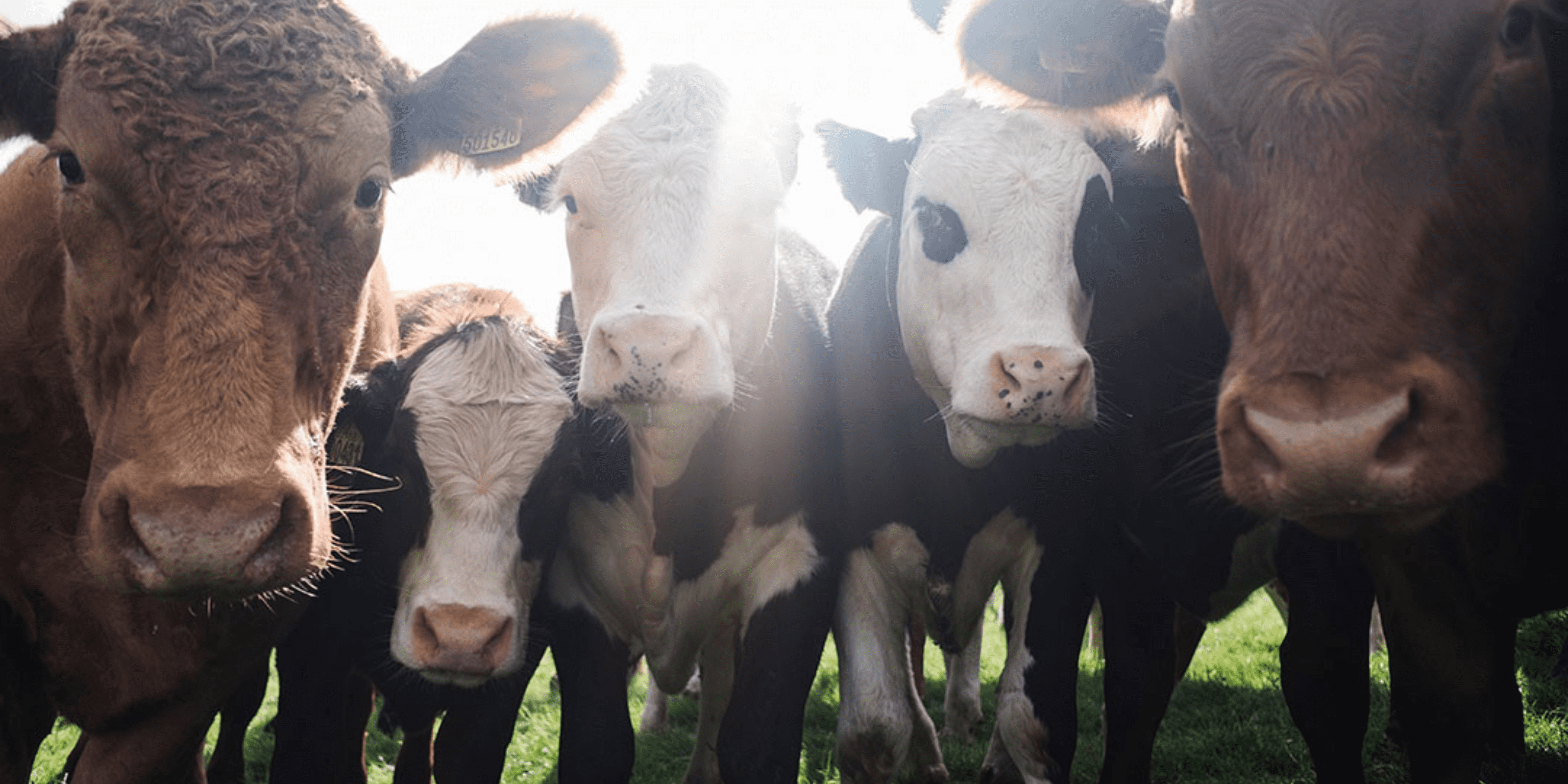Transform your muck
Using beneficial microbes, you can turn the decomposition of muck or slurry from putrefaction into controlled fermentation, retaining nitrogen that would otherwise be lost to the atmosphere.
Microbes help convert farm waste from a by-product into a nutrient-rich, odourless fertiliser, enhancing soil fertility and supporting sustainable farm practices.
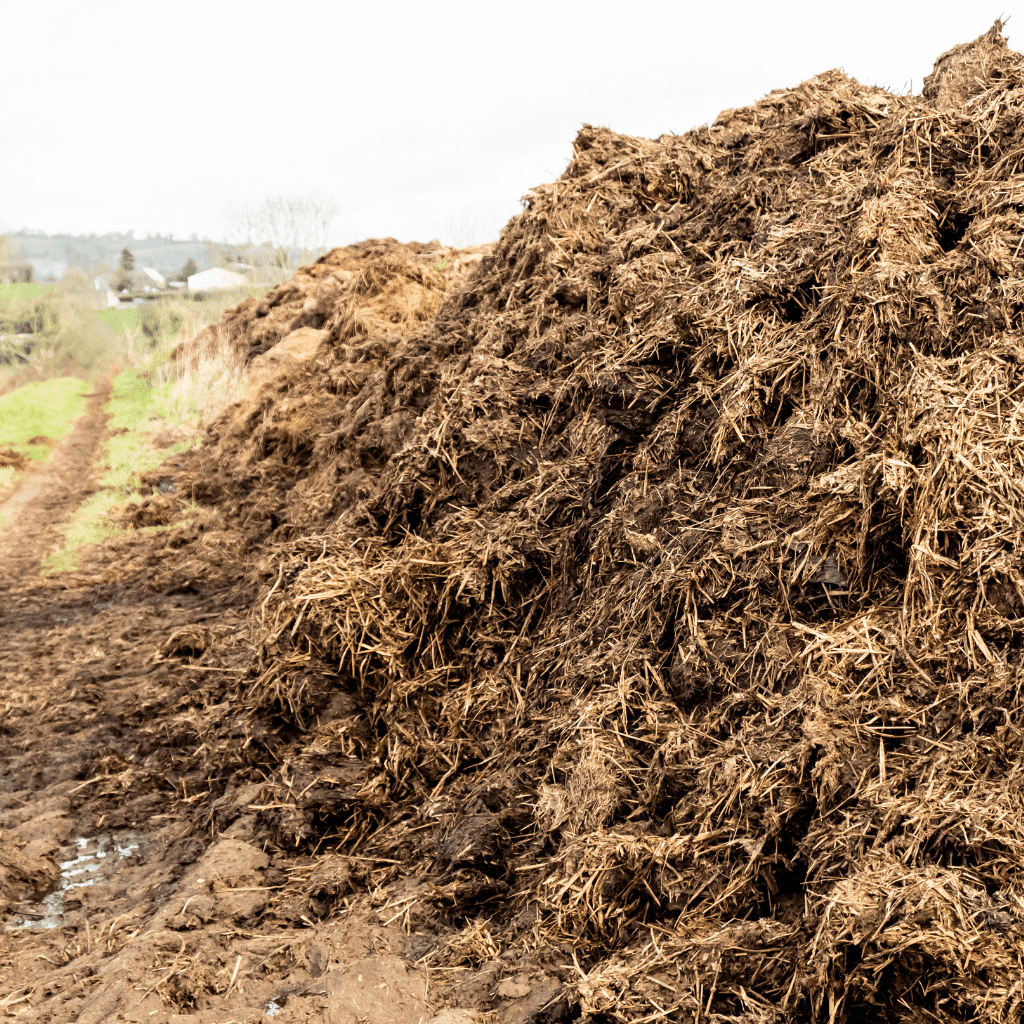
microbz in your manure
Microbes naturally decompose manure through a controlled fermentation process, which reduces odours and mould growth. Microbes enable the manure to ferment anaerobically, preventing oxidation and rotting, and make treated manure unsuitable for flies and roundworms as breeding grounds.
During storage, microbial “pre-digestion” helps soil absorb nutrients more quickly, converting organic compounds into humus. The result is healthier, more fertile soil with improved water and nutrient retention.
Key Benefits:
- Produces high-quality enzymes
- Reduces odours and harmful bacteria
- Minimises mould, flies, and roundworms
- Improves nutrient absorption and soil fertility
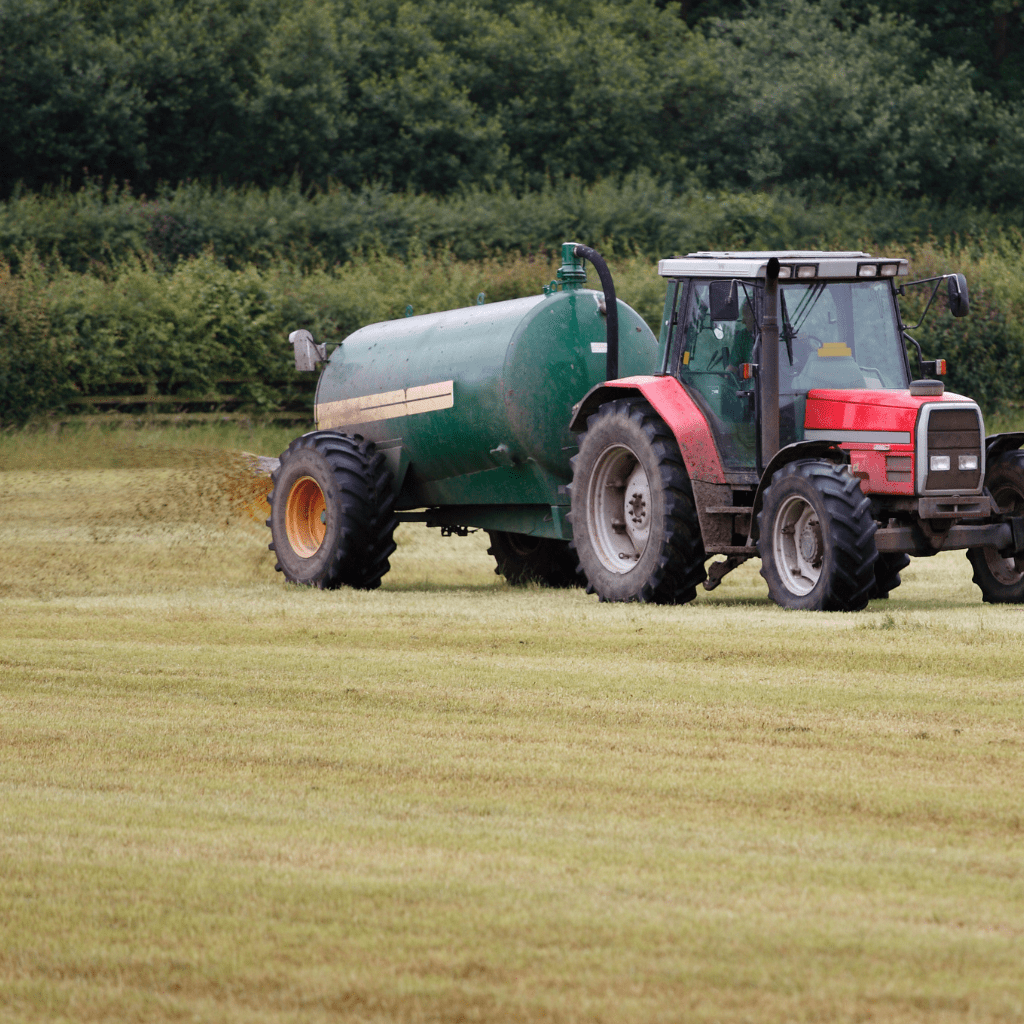
Enhancing your slurry with microbz
Treating your slurry with beneficial microbes neutralises odours while activating organisms in the soil, reducing nitrogen losses, and increasing fertiliser efficiency. Treated slurry can be applied safely with a minimal risk of leaching and maximising nutrient uptake.
Microbes help break down the crust, making slurry easier to stir and distribute evenly, ideal for covered slurry pits.
Key Benefits:
- Reduces methane emissions
- Increases nitrogen retention
- Minimises odours and fly populations
- Boosts microbial activity in the soil
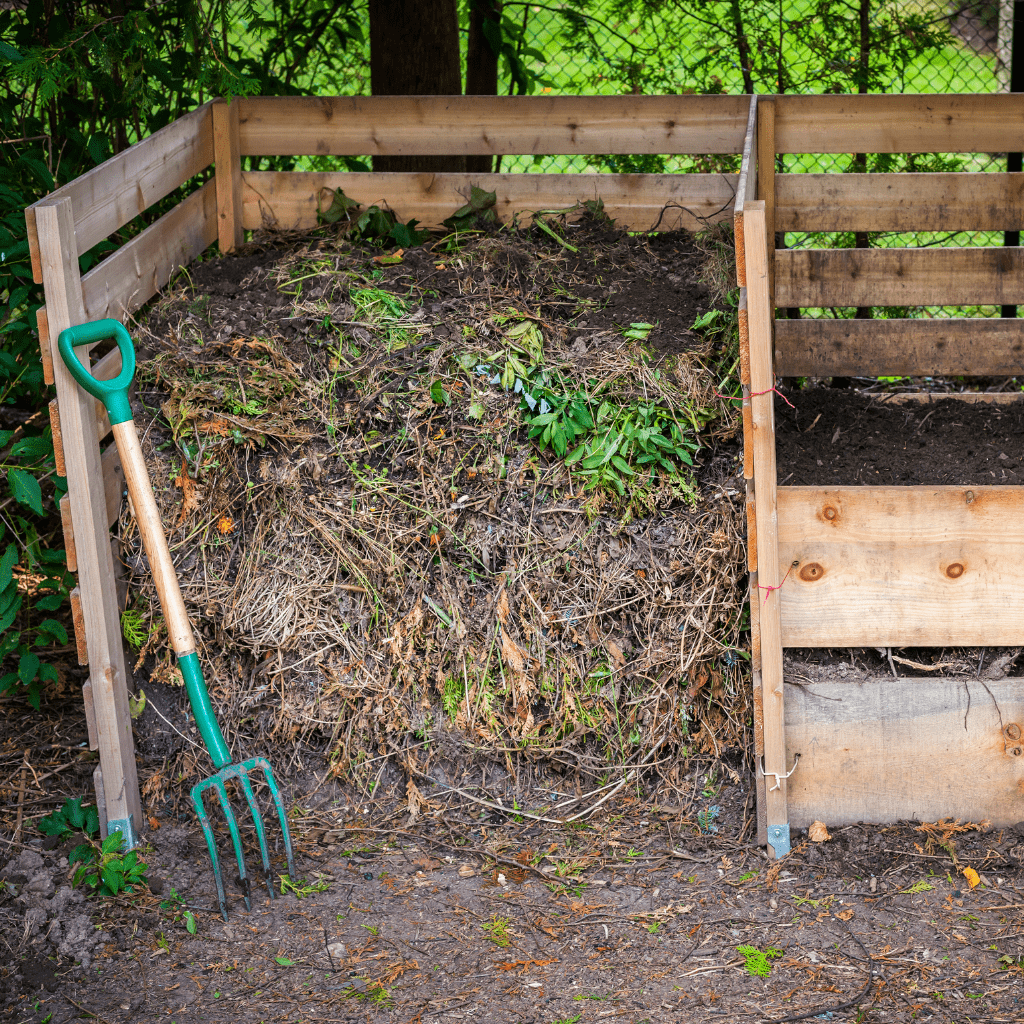
microbz for composting
In composting, microorganisms break down organic matter and produce carbon dioxide, water and heat. The result is a nutrient rich compost that supports healthier plant growth.
Lactic acid bacteria, yeast, and phototrophic bacteria in our cultures ferment organic substances, suppress putrefying bacteria, and reduce the need for frequent turning.
The resulting compost is rich in amino acids and polysaccharides, with proteins metabolised into plant-ready nutrients instead of ammonia. Composting with Microbz also reduces carbon dioxide emissions and heat loss, retaining energy and making the final compost more effective and digestible for soil. Find out more...
Key Benefits:
- Rich in amino acids and polysaccharides
- Reduces ammonia production
- Suppresses harmful bacteria and putrefaction
- Requires less turning
- Retains energy and nutrients for more effective soil application

